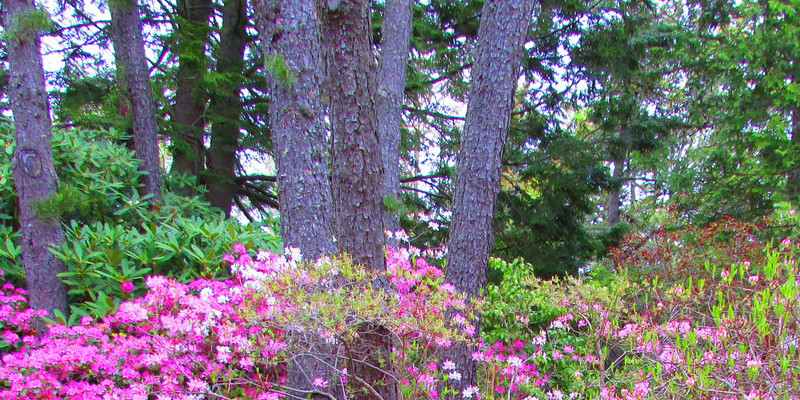Some folks operate to protect their tender garden plants when frost is forecast, while the others expect the best and place their feet up having a great guide. But few feel about the garden. Thatâs because grass, whether great-time Kentucky bluegrass or warm-time Bermuda grass, grows from an underground crown; only the blades experience frost bite. Frosty evenings are unusual in Mediterranean climates that are moderate.
Wait for before stepping on the grass, the sun to to go up high in the sky as well as the temperature to to go up — and that goes for the paperboy, also. Frozen blades bruise or split easily and are brittle.
As it dries out water the garden to the depth of 1-inch in a day or two. Dampness that carries the carbohydrates made by photosynthesis is crystallized by freezing. Hydration plummets because these crystals evaporate in the morning air and lay on on leaf surfaces.
Mow your lawn after it starts to develop after dark browning and has started to increase again. Move the mower setting up 1/2 inch or more, depending on the kind of grass. Never scalp a garden that is re-covering. Leaves that are longer assist create shelter crowns and more carbs from frosts that are extra.
Rake your lawn to eliminate blades that are dead in the event the freeze killed huge patches of grass or continues to be hard. Particles from grass blades plays a role in the the synthesis of of thatch although crowns endure cold snaps effortlessly.
Delay fertilizing the garden for up up to month. It would be damaged by an over-dose of nitrogen in addition to dehydration more.
